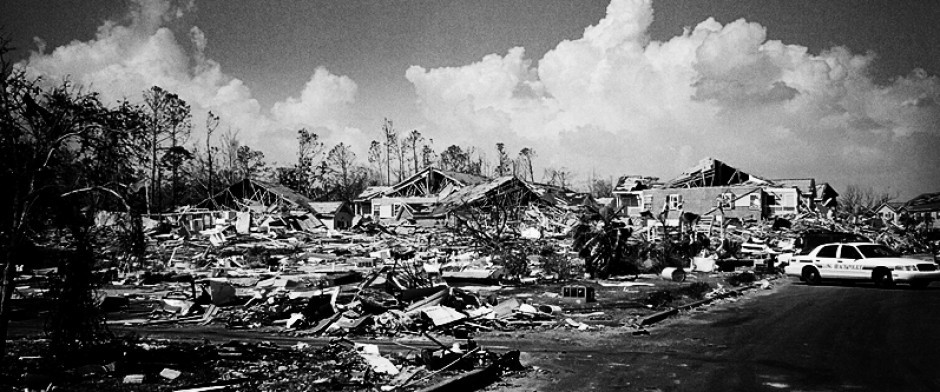Readers of Last Minute Survival are well aware that I have been correctly predicting for years the progression of events in the Middle East toward a total regional conflagration. Speaking broadly of a few key events, I predicted the rise of ISIL, the spread of the “civil war in Syria” to Iraq, and the proxy war between Saudi Arabia (Sunni) and Iran (Shia) going hot. The execution of a prominent dissident Shiite cleric in Saudi Arabia just took this conflict one notch closer to a total war, which the United States is not prepared. The brewing war has triggered a nuclear arms race in the Middle East and it now appears averting a massive war will not be possible. The only question is how to best mitigate the damage.
This escalation has not been fully appreciated in the US and in fact seems to have been discounted by the US Department of State, which will certainly be “surprised” when both countries begin to mobilize their militaries. Both nations are now moving toward a war footing, which has initiated a secret nuclear arms race in the Middle East. Iran knows Saudi Arabia has a far more modern military and the backing of the United States, the Gulf Coast Countries, and possibly Israel, Turkey, and Pakistan. Iran is also threatened by Saudi backed Sunni extremists fighting to overthrow its allies to the west in Iraq, Syria, and Lebanon while being boxed in by another Saudi backed Sunni extremist group, the Taliban, to its east in Afghanistan. Iran knows Pakistan has agreed to supply Saudi Arabia with nuclear weapons. Iran’s generals are not stupid and assess that they must obtain nuclear weapons if they have any hope of successfully defending Iran. They are also racing to improve their anti-access and missile technologies to thwart any type of amphibious invasion from the US while effectively being able to attack Saudi Arabia’s water and oil installations from afar. Further, as I have warned, Iran has been racing to operationally deploy advanced, Russian, S-300 air defense systems, which will effectively deny Iranian airspace to all but 5th Generation fighter/attack aircraft.
As overwhelming as the odds may seem to Iran, Saudi Arabia is justifiably terrified of a powerful Iran. What Iran lacks in high tech military hardware, it has in willpower and individual fighting capability, which will prove far more potent than anything the Saudis can muster for a war. Those of us that have worked with the Saudi military know that the Saudi military is a paper tiger. The Saudis are lazy and incompetent as warriors, but they have a big checkbook that keeps the US military industrial complex in business. This keeps Washington and the Pentagon from ever effectively addressing the issue, which will become brutally apparent when a direct conflict between the nations breaks out. In a head to head fight, Iran’s fighters are better trained, better organized, and far more motivated than even the best Saudi units. In fact, aside from perhaps Jordan, the Arab armies are a joke. Most are probably more likely to shoot each other (intentionally or not) before ever fielding an effective force against an enemy. Further, although Iran has proven its ability to project forces beyond its borders successfully, and would no doubt use Iraq as a staging area for a land invasion of Saudi Arabia, Saudi Arabia has no such force projection capability. Without the ability to actually invade and defeat Iran, Saudi Arabia could only at best win a partial victory over Iran. As such, Saudi Arabia must rely on buying off Washington to intervene and fight its war with American troops and treasure. The Pentagon at least gets this, but what isn’t well understood by either the generals or the White House is that the Saudi backup plan if Washington bulks is to have a credible nuclear weapons capability that they will use if Washington won’t act. The US is totally unprepared for and to date has no policy to even remotely address. Read more



